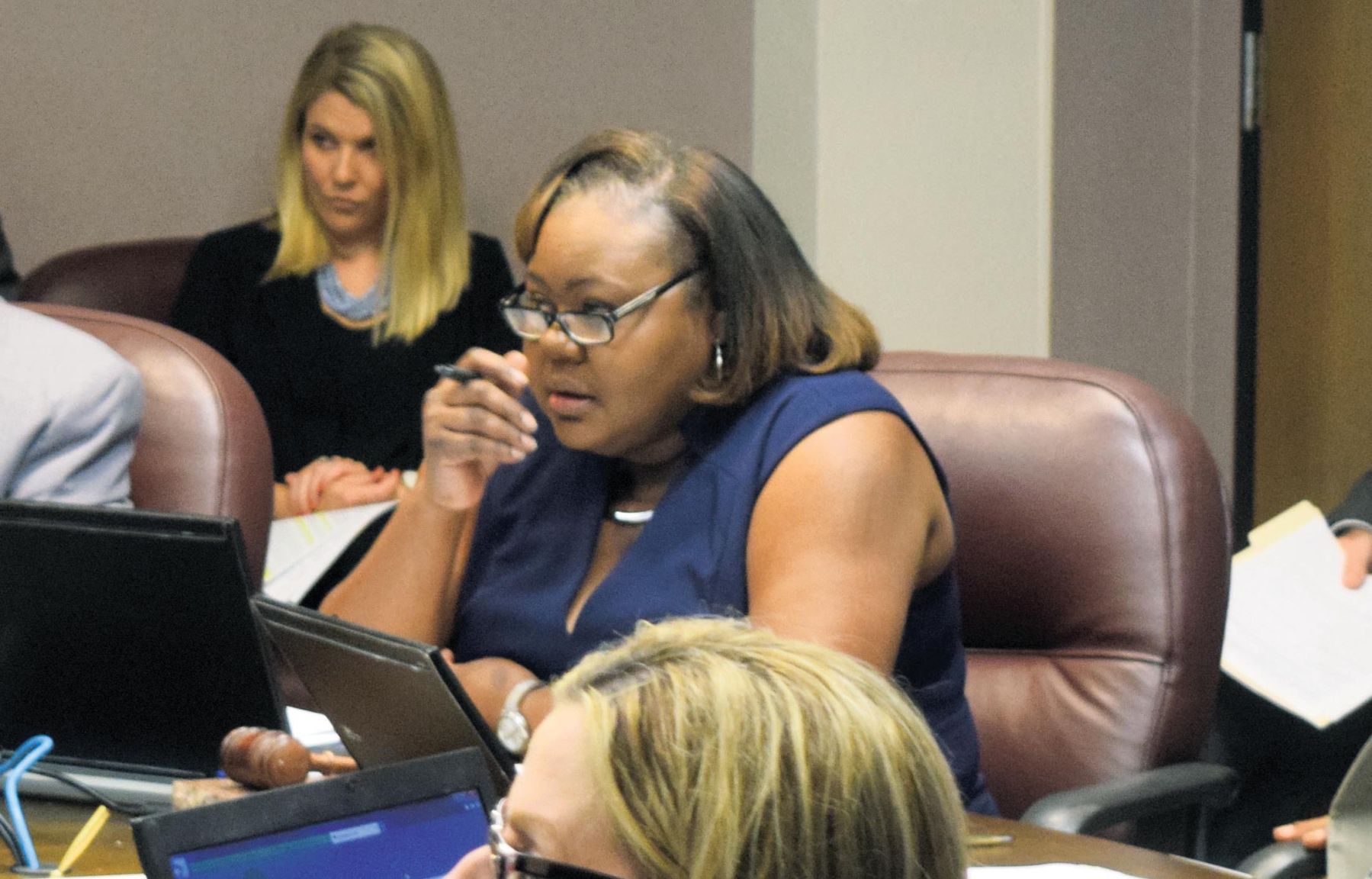
School board discussing size reduction
January 17, 2018Questions aren’t always criticism
January 17, 2018Earlier this week, as in communities all over the U.S., Houma and Thibodaux commemorated the life and accomplishments of the Rev. Dr. Martin Luther King Jr., each in their own ways.
NAACP branches in both towns led the bulk of events.
This year as in many others, however, there is reason for disappointment.
Celebration of Dr. King’s birthday here as elsewhere is and has been almost exclusively attended by black people. There appears an unspoken understanding that the holiday is an observance that is relevant to people of color, rather than the community at large.
But Dr. King’s accomplishments did have a positive effective on the community at large, as it did on the nation at large.
It is worth noting that the civil rights movement had a direct effect on the ability of Congress to pass major legislation that helped guarantee the rights of all Americans, including those who had been directly cut out of the American experience simply because of race. Statesmanship and compromise resulted in the passage of laws that today we take for granted.
Also, Dr. King’s movement and events inspired by or related to it were in many ways inclusive. Courageous white people joined black men and women for the march across the Pettus Bridge in Alabama. Two of the three civil rights workers murdered in Mississippi during Freedom Summer — although not a program directly related to Dr. King — were white.
In many ways Dr. King’s dream of Americans getting along with each other as Americans — not black Americans or white Americans, just Americans — is closer to a reality than it was during his lifetime and immediately after his tragic death.
But Dr. King was felled at a crucial time. Laws indeed were changed, and America was the better for that. But the battle for the minds of people was not yet over, as it is not over today.
Our communities and our nation are divided, with political strife dominating many discussions, and what appear to be more efforts to keep us divided than strong efforts to unite us.
The needed dialogue has still not occurred.
White and black people, each group having a different type of experience in the 21st Century United States, still find it difficult to appreciate what the other group’s concerns and issues are. We are still like two people who have gone to the movies and emerged as if they had seen two totally different piture shows.
There is still hope for change.
And that is where observances like Dr. King’s birthday can play a big role.
In the years to come it is our hope that such celebrations will become more diverse, and that more people will recognize the need to reach across the color line, and the benefits of doing so.
It is also a time to reflect honestly on the progress that has been made locally.
Little by little, we have seen more diversity in management at some companies.
The progress is evident as well even in government.
Lafourche Parish has a black schools superintendent, although her tenure is coming to a close.
Terrebonne Parish has a black judge. Terrebonne’s judicial elections are the subject of litigation at the moment because a federal judge has found that they violate the federal Voting Rights Act.
Nonetheless, the sterling career of Judge Juan Pickett, Terrebonne’s first black judge, is itself beyond question, and that includes his many years as a prosecutor.
Even as activists, whose job is to raise questions and challenge the system, continue their efforts, we must keep in mind that progress has still been made.
It doesn’t mean that we have reached the mountain top yet. But it is certainly evidence that we haven’t shut down the journey, and that in the long run we will all be the better for honest debate and discussion on how we should proceed.






